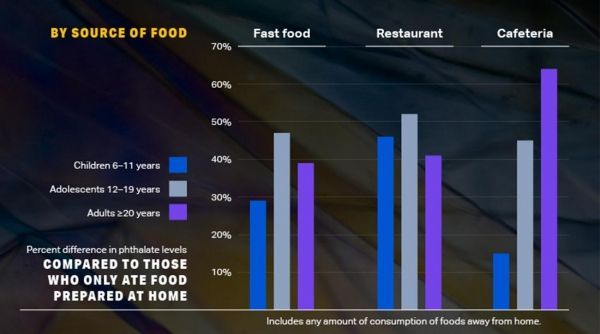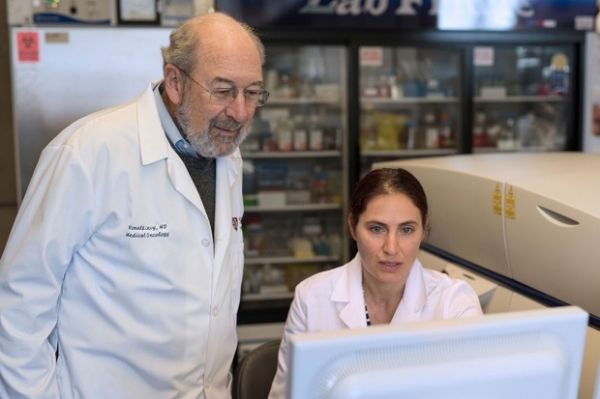A single high-fat milkshake, with a fat and calorie content similar to some enticing restaurant fare, can quickly transform our healthy red blood cells into small, spiky cells that wreak havoc inside our blood vessels and help set the perfect stage for cardiovascular disease, scientists report.
articles
Rapid Emissions Reductions Would Keep CO2 Removal and Costs in Check
Rapid greenhouse-gas emissions reductions are needed if governments want to keep in check both the costs of the transition towards climate stabilization and the amount of removing already emitted CO2 from the atmosphere. To this end, emissions in 2030 would need to be at least 20 percent below what countries have pledged under the Paris climate agreement, a new study finds – an insight that is directly relevant for the global stock-take scheduled for the UN climate summit in Poland later this year. Removing CO2 from the atmosphere through technical methods including carbon capture and underground storage (CCS) or increased use of plants to suck up CO2 comes with a number of risks and uncertainties, and hence the interest of limiting them.
Dining Out Associated with Increased Exposure to Harmful Chemicals Called Phthalates
Dining out more at restaurants, cafeterias and fast-food outlets may boost total levels of potentially health-harming chemicals called phthalates in the body, according to a study out today. Phthalates, a group of chemicals used in food packaging and processing materials, are known to disrupt hormones in humans and are linked to a long list of health problems.
Norfolk’s Iconic Swallowtail Butterfly at Risk from Climate Change
Norfolk’s butterflies, bees, bugs, birds, trees and mammals are at major risk from climate change as temperatures rise – according to new research from the University of East Anglia.
Cancer ‘vaccine’ eliminates tumors in mice
Injecting minute amounts of two immune-stimulating agents directly into solid tumors in mice can eliminate all traces of cancer in the animals, including distant, untreated metastases, according to a study by researchers at the Stanford University School of Medicine.
The approach works for many different types of cancers, including those that arise spontaneously, the study found.
Anthropogenic lead still present in European Shelf Seas
Lead (PB) is one of few elements for which the impact of human activity on the marine environment is clearly evident. It has no biological function and is toxic to humans and marine organisms. The anthropogenic perturbation dates back to the middle of the 19th century, with coal and leaded gasoline combustion serving as major Pb sources to the atmosphere. Anthropogenic Pb is transported in the atmosphere over long distances and deposited in remote areas resulting in enhanced Pb concentrations in surface oceans of >190 pmol kg-1 during the peak of the Pb emissions in 1970-80. These are about 100 times higher than natural background levels.










